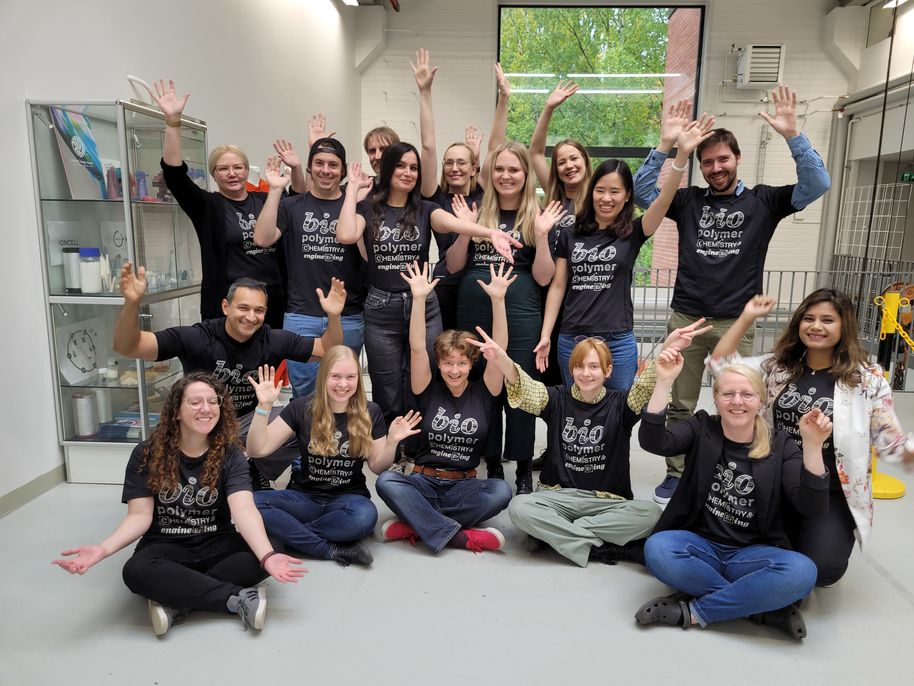Sustainable textiles
Our research team continues the development of the Ioncell® process. The focus is on textile recycling and sustainable dyeing processes.
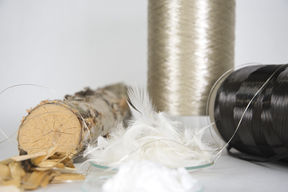

Our research team continues the development of the Ioncell® process. The focus is on textile recycling and sustainable dyeing processes.
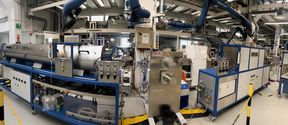
We investigate the use of wood-derived polymers and other biopolymers as bio-based alternative precursor material for various applications.
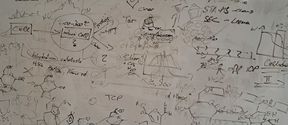
Our research is aiming at introducing additional functionality to biopolymers with a special focus on textile applications and to develop suitable analytical tools
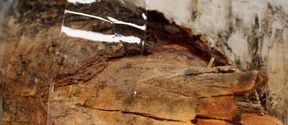
Our research focuses on the use of the Ioncell® technology to produce high-strength films through continuous extrusion.

Traditional and novel solvent systems are explored to dissolve various biopolymers and non-polymeric constituents. The solutions or suspensions are characterized by a comprehensive set of rheological tools (shear, capillary and extensional rheometers).

Analytical chemistry is needed throughout the modification and/or manufacturing process of biomaterials. Knowledge on the chemical composition and molar mass of biopolymers is essential and thus we aim to develop new strategies for detailed biopolymer characterization.
Michael HummelA thoughtful use of biopolymers can help us to create a more sustainable society.


Many entrepreneurs and researchers set their goals based on a realisation that something needs to be done differently. The change they envision might be a new product or material, or it can be a new way to do things. Implementing change isn’t always easy, however, and it demands a stomach for uncertainty, say Professor Michael Hummel and entrepreneurs Annu Nieminen and Richard Nordström.

Aalto University’s Bioinnovation Centre will be established with the grant amounting over 10 million euros received from Jane and Aatos Erkko Foundation. Bioinnovation Centre will start its operation in 2021 by the recruitment of a professor enabled by the grant and opening the first call for the doctoral school supported by the grant.

Michael Hummel had plans to stay in Finland for only a year or so. In the end, he enjoyed his work at Aalto so much that he decided to stay.

The ERC grant facilitates the commercialisation of developments that evolved from ERC-funded research projects.

Researchers need to be team players, says Professor of Biopolymer Chemistry and Engineering.

Michael Hummel will start in the beginning of May, 2019.

Postdoc researcher thinks that cutting-edge research requires a multi-disciplinary group of highly qualified and highly motivated partners.

Michael Hummel, the recipient of the much sought-after ERC Starting Grant, knows that there is a great need for more affordable carbon fibre.

